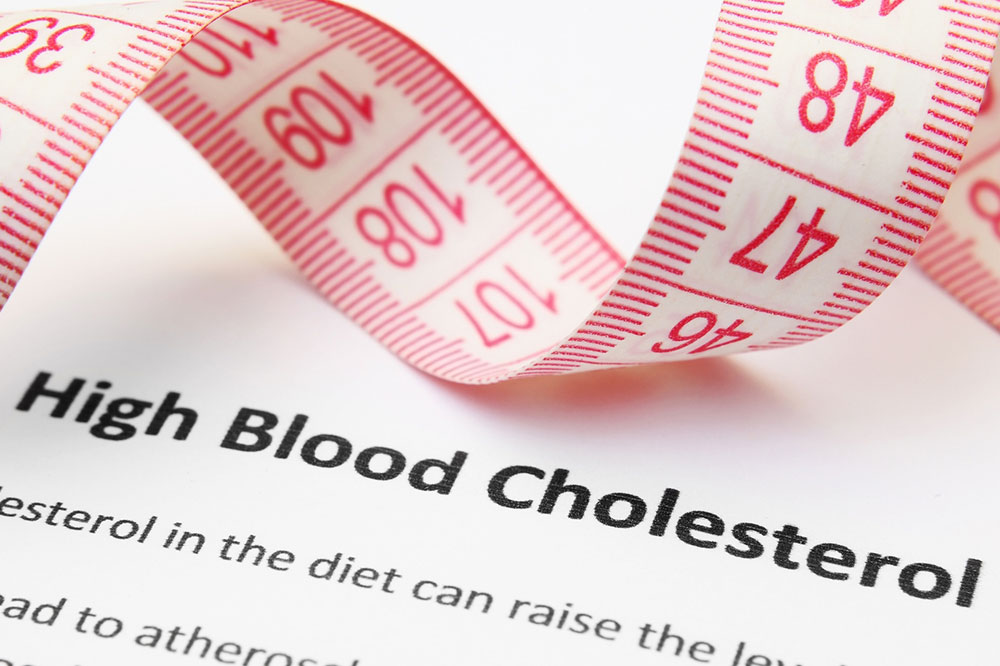Symptoms, causes, and risks of high cholesterol

Cholesterol can be understood as some waxy substance in your blood, which is needed by the body to build its healthy cells. However, when the cholesterol increases to an uncontrolled level, it can put you at risk of heart diseases. Furthermore, as a result of high cholesterol, there can be a fatty deposit in your body’s blood vessels. Because of this, it gets hard for the blood to flow through the arteries.
What can high cholesterol lead to and how does it develop?
At times, the deposits break down and lead to a clot formation, which can either result in a stroke or a heart attack. Though high cholesterol mainly develops as a result of your unhealthy lifestyle choices, it can be inherited too. However, it is both treatable and preventable. With the inclusion of regular exercises, a nutritious diet, and proper medication, you can reduce cholesterol levels.
Symptoms
As such, there are no definitive symptoms of high cholesterol. The only real way to diagnose it is via a blood test.
Causes
Cholesterol is attached to proteins and is transported into the body via the blood. This amalgamation of cholesterol and protein is known as a lipoprotein. Depending upon what the lipoprotein carries, there are two different types of cholesterol. These include:
- HDL i.e. High-density lipoprotein
It is good cholesterol and helps carry the surplus cholesterol and transport it back to the liver.
- LDL i.e. Low-density lipoprotein
It is the bad cholesterol, which carries the particles around the body. Over time, this cholesterol accumulates in the walls of the arteries and makes them narrow and hard.
To determine the presence of triglycerides in your blood, you’ll have to undergo a test known as the lipid profile. In people who have high fat (triglyceride) levels, the probability of heart disease is more.
There are certain causes of high cholesterol, which are under your control. These include diet, physical activity, and body weight. If you do not work out regularly, are overweight, or follow an unhealthy diet, you will certainly have to deal with LDL and high cholesterol. However, there some factors that are not in your control. This primarily includes your genetic makeup.
Risk factors
- Unhealthy diet
A diet that is rich in trans-fat (which is majorly found in crackers, baked cookies, and microwave popcorn) and saturated fat (which is majorly found in animal products) can contribute to high cholesterol levels.



